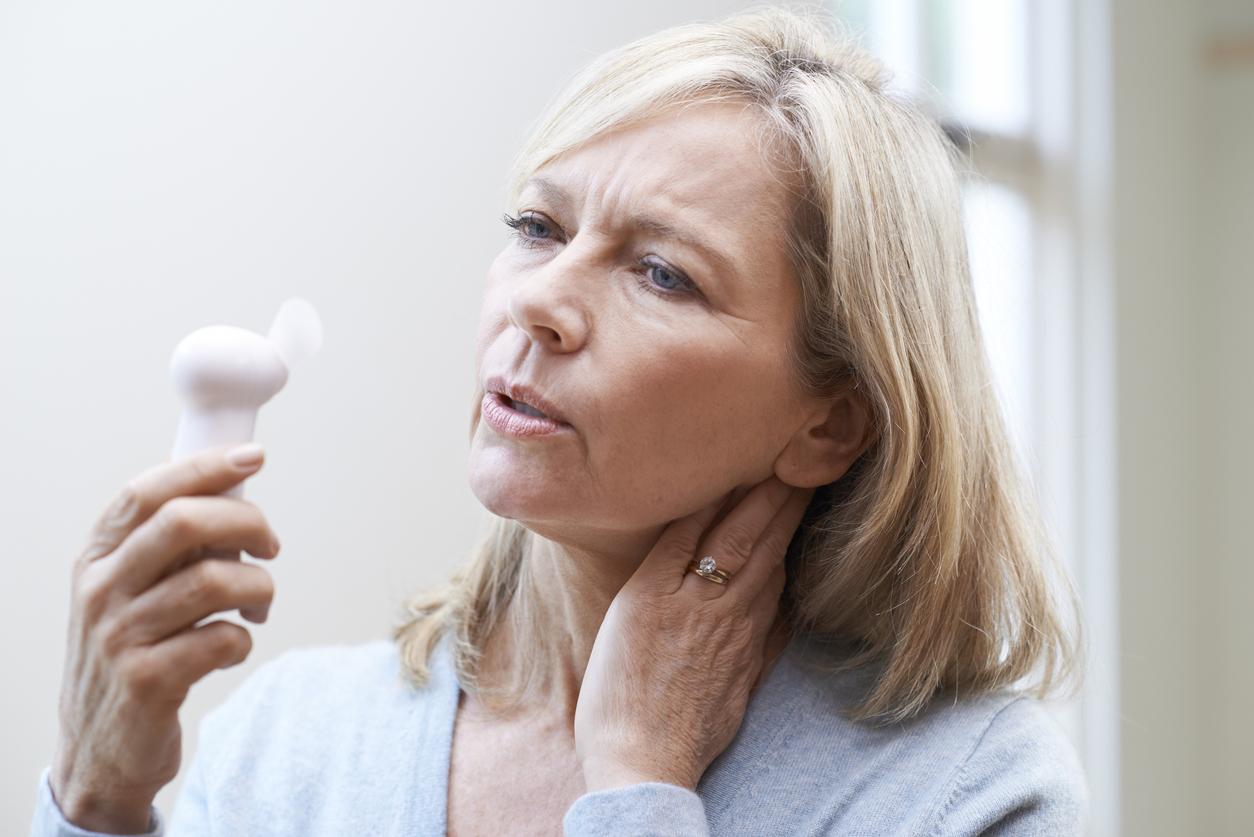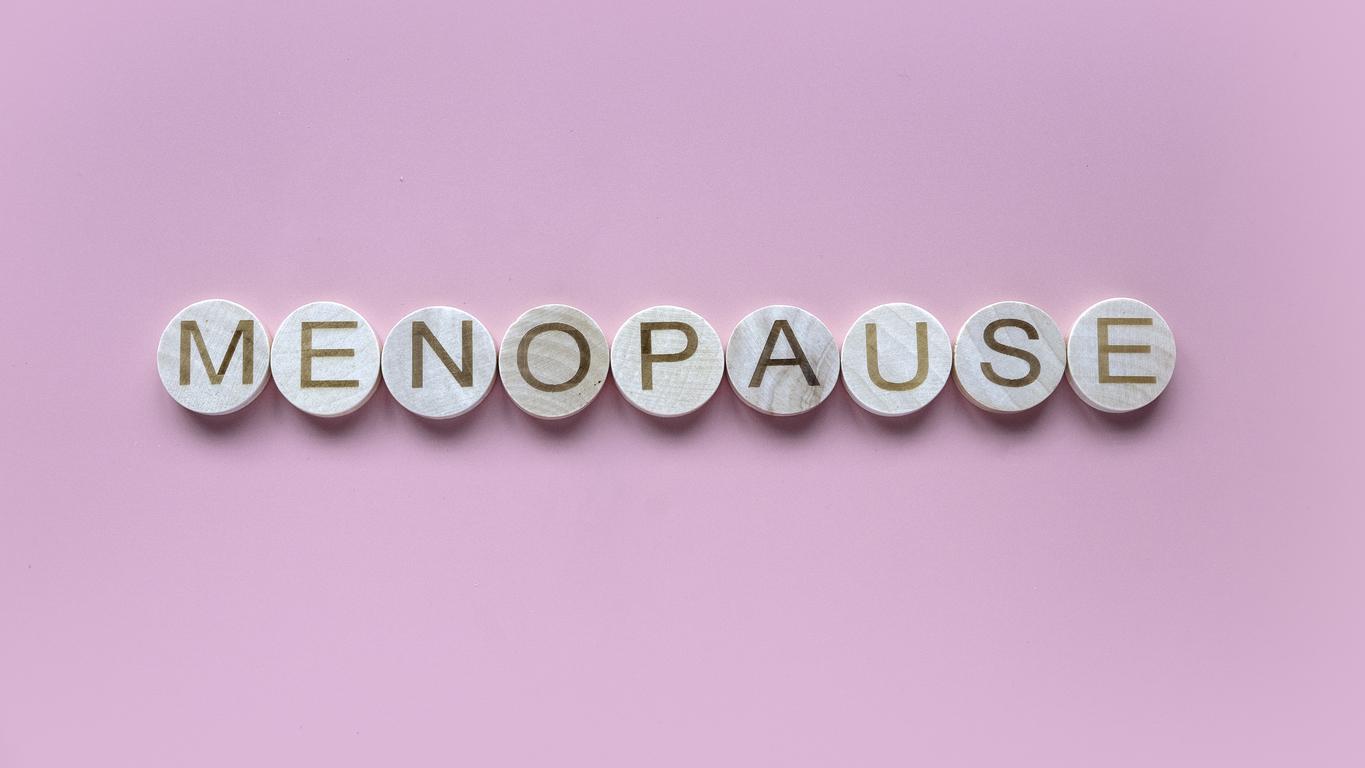A new search published in the scientific journal Hypertension demonstrated that a treatment prescribed to postmenopausal women could be dangerous for the heart. It is estrogen hormone therapy taken by mouth (in pill form). It could increase the arterial pressure. However, we know that the latter can be the cause of kidney disease, heart disease and cerebrovascular accidents (stroke).
The researchers point out that previous studies have shown that specific types of hormone therapy have been associated with higher rates of heart disease.
Oral estrogen therapy would be the riskiest for blood pressure
For the purposes of this study, 112,000 women, aged 45 and over, were placed on two consecutive prescriptions (a six-month cycle) for estrogen-only hormone therapy. The primary outcome of high blood pressure was identified via health records.
Scientists studied the relationship between the route of administration of estrogen-based hormone therapy and the risk of developing high blood pressure at least one year after starting treatment. There are three different ways of administering hormone therapy: there are the oral, transdermal (applied to the skin) and vaginal route. Additionally, the researchers evaluated the estrogen formulation used.
The two most common forms of estrogen used by study participants were estradiol – a synthetic form of estrogen that most closely mimics what is produced naturally in women’s bodies before menopause – and conjugated equine estrogen.
The study demonstrated that women taking oral estrogen therapy increased their risk of hypertension by 14% in addition, compared to patients using transdermal estrogens. Compared to women subjected to estrogen-based vaginal creams or suppositories, the risk was 19% higher. A stronger association was observed in women under 70 years of age.
Also, compared to estradiol, conjugated equine estrogen was associated with 8% increased risk to develop high blood pressure.
Some estrogens would be less dangerous for the heart
According to the researchers, if a postmenopausal woman is on hormone therapy, she should bet on less risky types of estrogen for the heart. There are.
“These may include low-dose non-oral estrogens – such as estradiol, in transdermal or vaginal form – for the shortest period possible, depending on individual symptoms and the risk-benefit ratio, said one of the scientists. These may also be associated with a lower risk of hypertension. Of course, this must be balanced with the significant benefits of hormone therapy, which includes treating common menopausal symptoms.”
What are the most common symptoms of menopause?
As a reminder, menopause corresponds to cessation of ovarian function, so rules. In general, it occurs between 45 and 55 years, with an average around 50 years, estimates Inserm.
The symptoms observed during menopause are linked to the absence of estrogen production (female sex hormones) and vary according to each person. Hot flashes (which affect 80% of menopausal people), night sweats or intimate dryness are the most common. It is to fight against these symptoms that some women are required to be prescribed hormonal treatments.
Menopause involves a cessation of ovulation due to a depletion of all the primordial follicles located in the ovaries which are responsible for the release of oocytes into the uterine tubes. menopause marks permanent cessation of menstruation and therefore menstrual cycles due to the cessation of estrogen secretion. It is to compensate for this cessation that hormonal treatments are prescribed when the symptoms are too intense.


















